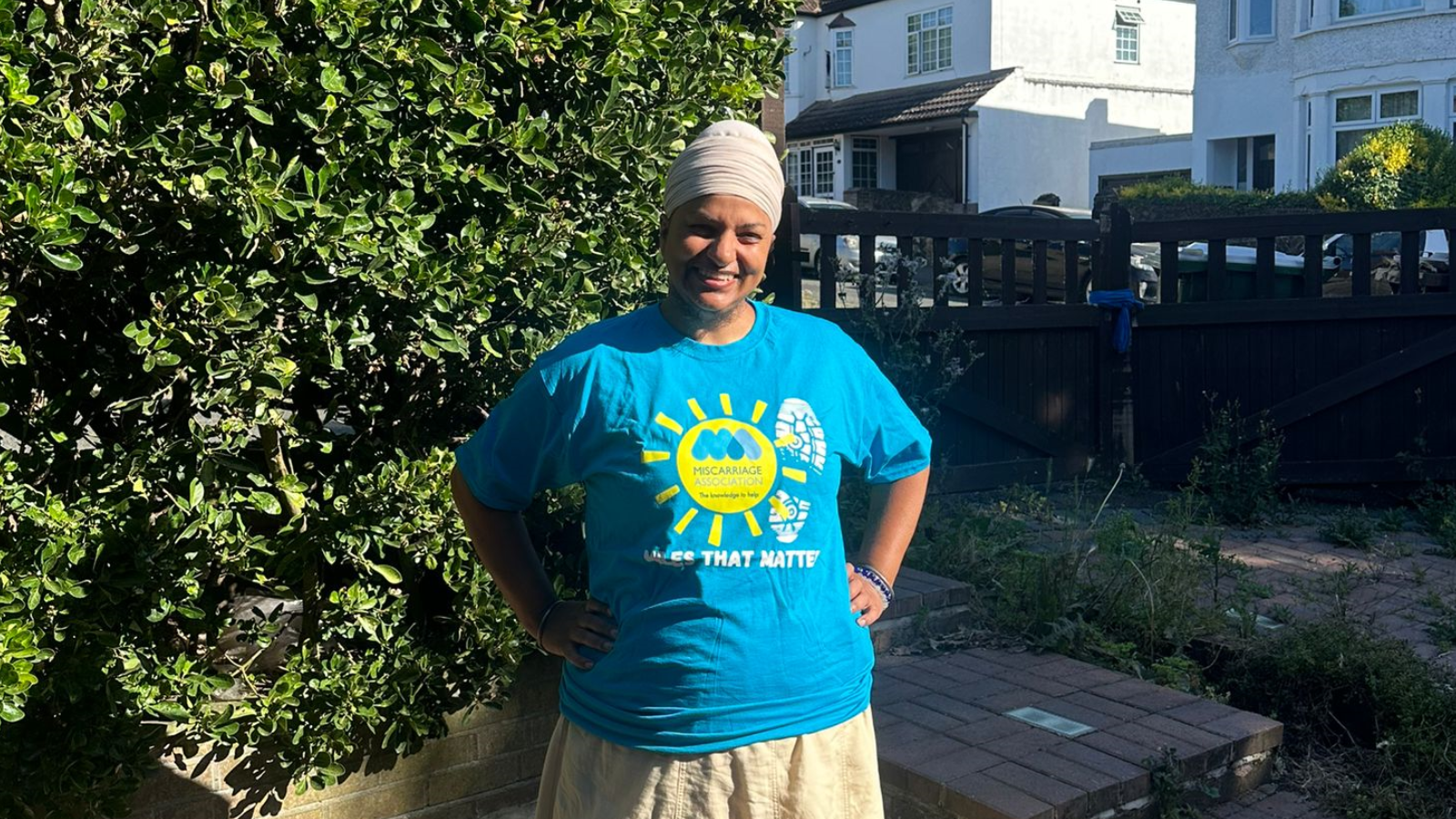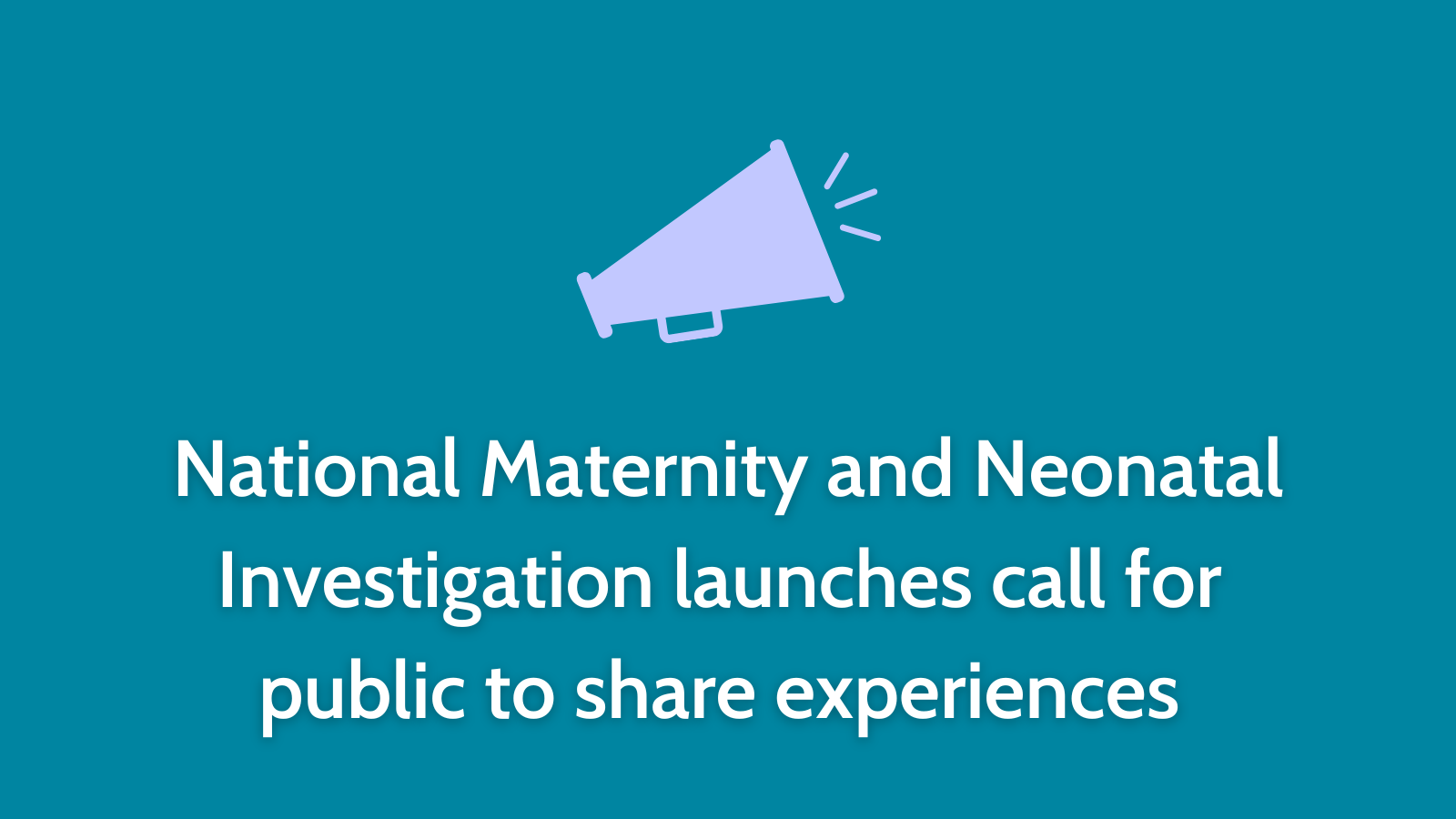Miscarriage and the South Asian Community: A Call for Compassion and Change, by Navrup Kaur
2nd July 2024

Miscarriage can be incredibly tough – not just because of the physical and emotional experience but in dealing with historic taboos that can make it difficult to talk about, even with family and friends.
But in some cultures, that sense of stigma, and even shame, can be felt even more keenly.
Here, our guest blogger Navrup Kaur, a birth doula, mother, and ‘SikhMum’ on Instagram, explains how she supports women in the Sikh community and their experiences of this.
And she says it’s time for compassion – and change.
One mother told me, “When I was told there was no heartbeat, my mother-in-law looked at me in such a way that I felt I killed my child and took away her opportunity to be a grandmother.” How sad this makes me. But it doesn’t end there. We invalidate her feelings by thinking, “She just lost a child and is feeling vulnerable and sensitive. She is reading too much into it.” We make women feel their feelings are in their heads, not reality. Does this not add another layer to a woman’s struggle and her healing? The damage we do with this thinking is incomparable as it plays psychological mind games that can have lasting effects. Women know. We know when someone is having an opinion without saying it. We see a look or glint in the eye. Do not doubt that. It is the power of divine intuition. Mamas and mamas-to-be, when you see and feel it, protect yourself and step away.
The intense social stigma attached to reproductive health in the South Asian community is one of the primary challenges women face. Fertility is highly prized in my community, and women face immense pressure to have a child soon after marriage. When a woman doesn’t have a child within a few years, she hears comments like, “Kaka lakeyaa,” meaning “Go and get a baby now,” as if it were a bag of sugar you can get at Sainsbury’s. The older generation is less discreet with their feelings and will openly make rude and hurtful comments, often to the woman’s face or, worse, her mother-in-law’s. Then it’s game over!
My generation is more sensitive, but work is still to be done. We still grapple with the notion that miscarriage is not just a personal loss but a failure to fulfil familial and societal expectations. This perception is damaging, leading to shame and guilt that exacerbate emotional distress.
So, why do I talk about miscarriage? Well, because the community doesn’t. The stigma surrounding miscarriage often discourages open discussion. What we fail to realise is that by not talking about it, by making women feel like failures, and by not being supportive, we isolate our sisters in their grief, denying them a supportive environment where they can share their experiences and seek comfort.
When our loved ones leave us, we grieve openly, sharing stories and finding collective healing. However, the stigma around miscarriage and the community’s tendency to view it as taboo deny women the opportunity to process their loss openly and healthily. Additionally, the pressure to conceive again quickly compounds the emotional burden, preventing adequate time for physical and psychological healing.
Change will come, but we have to welcome it. We need to talk about our experiences; that bravery will help others. We must recognise that miscarriage happens. Sometimes, we know why, and most times, we do not. Within the Sikh faith, miscarriage can be seen as a blessing, as it allows a soul to merge back with the Creator. Many South Asian religions and cultures are influenced by superstition or past actions, adding to a woman’s emotional distress. Women may also face pressure to undergo traditional healing practices or rituals, which may not align with their personal beliefs.
Regardless of how one views miscarriage, it is not our right to judge or make women feel less. The patriarchal society we live in has been doing that for centuries. We can be the change.
Despite these challenges, awareness and support within the South Asian community are growing. Mental health professionals and support groups tailored to the needs of South Asian women are becoming more prevalent, offering safe spaces to share and heal. Efforts to educate the community about reproductive health and destigmatise miscarriage are essential steps toward fostering a more supportive environment.
This silent grief I speak of may seem like a personal choice, but it is a result of social conditioning over hundreds of years. It is not fair for our sisters to grieve alone, to feel they must hide their pregnancies in case of miscarriage and endure further pain. Miscarriage leaves a lasting internal connection between the mother and the past soul. We need to work harder to change the mindset that we have a right to have an opinion on something deeply personal and different for everyone. Increased awareness, cultural sensitivity, and support from charities like The Miscarriage Association can help mitigate the challenges and provide women the support they need to navigate this challenging experience.
Be the open arms to hold your sister. Take her a meal. Just sit with her in silence. Meditate with or for her. Send her healing. Remember, if she never feels the same again, maybe she will open up to you and others because you made her feel like the powerhouse of a woman she is. We all are!
I am walking, running and swimming 50 this June for the Miscarriage Association. Please give generously.

